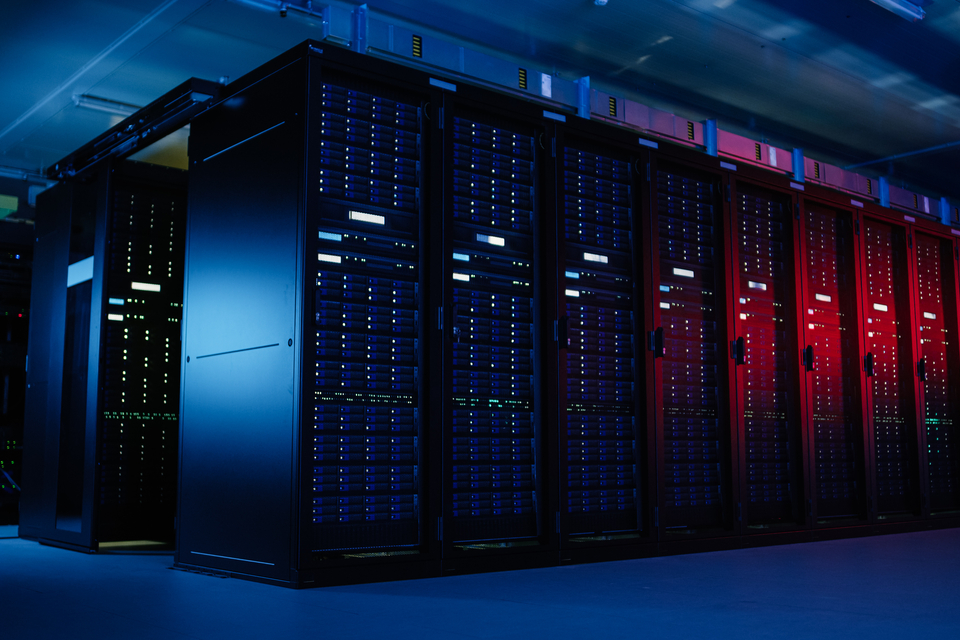Replacing the 1000Q, the new quantum supercomputer D-Wave processes 2,000 qubits. 1,000 times faster than its predecessor, the D-Wave 2000Q is already in use by multiple entities, working to solve complex problems that are out of reach of conventional supercomputers.
Founded in 1999, D-Wave Systems is a company based in British Columbia specializing in the design of quantum computers. D-Wave proposed and delivered a new type of ultrafast quantum supercomputer, millions of times faster than any current silicon-based processor.
D-Wave 2000Q is now in use by Google, NASA, and many others.Click To TweetQubits to Boost Computing Power
In order to solve complex calculations, millions of times faster than a conventional computer, the D-wave relies on a quantum system built around the qubit, or quantum bit, which stores quantum data.
While the “bit” of classical computing can only take value 0 or value 1 at a time, the qubit can store the value 0 or 1, or both values at the same time, following the principle of superposition of quantum states.
As its name suggests, the processor of the latest D-Wave 2000Q has up to 2048 tiny superconducting qubits, chilled close to absolute zero (15 millikelvins, or about -460 degrees Fahrenheit) to harness their quantum power. To solve hard problems, D-Wave’s quantum processor considers every possibility simultaneously, and do so while consuming much lower energy (23 kW) when compared to traditional supercomputers (2138 kW).
The 10-foot-tall D-Wave 2000Q has a tiny thumbnail-sized chip, with most of the 700 ft3 volume taken up by a cryogenic refrigerating system and shielding, without which it wouldn’t function.
A Quantum Boon for Major Organizations
In 2013, NASA, Google, and Universities Space Research Association (USRA) collaborated to create the Quantum AI Lab (QuAIL). The D-Wave system available back then (the 512Q) was installed at QuAIL where these partners develop their AI and machine learning programs. Two years later, in 2015 QuAIL was upgraded to the 1000Q 2x, which solved, in one second, complex calculations that would have taken a single-core CPU years to solve.
Now, QuAIL is being upgraded again to the D-Wave 2000Q, the 4th system in the line of quantum supercomputers, which is 1000 times faster than its predecessor, the 1000Q D-Wave 2x. Working with a specially designed quantum encryption algorithm, called simulated annealing, the 2000Q is oriented to solve optimization problems.
Before Google, NASA and USRA, Temporal Defense System (TDS), were the first customers to order a D-Wave 2000Q. Other several big companies such as Virginia Tech, Los Alamos National Laboratory, and Lockheed Martin are also potential buyers of the new system, priced at $15 million USD.
Any idea who will be buying a 2000Q next?



















Misleading headline. It is pretty obvious that they would upgrade…